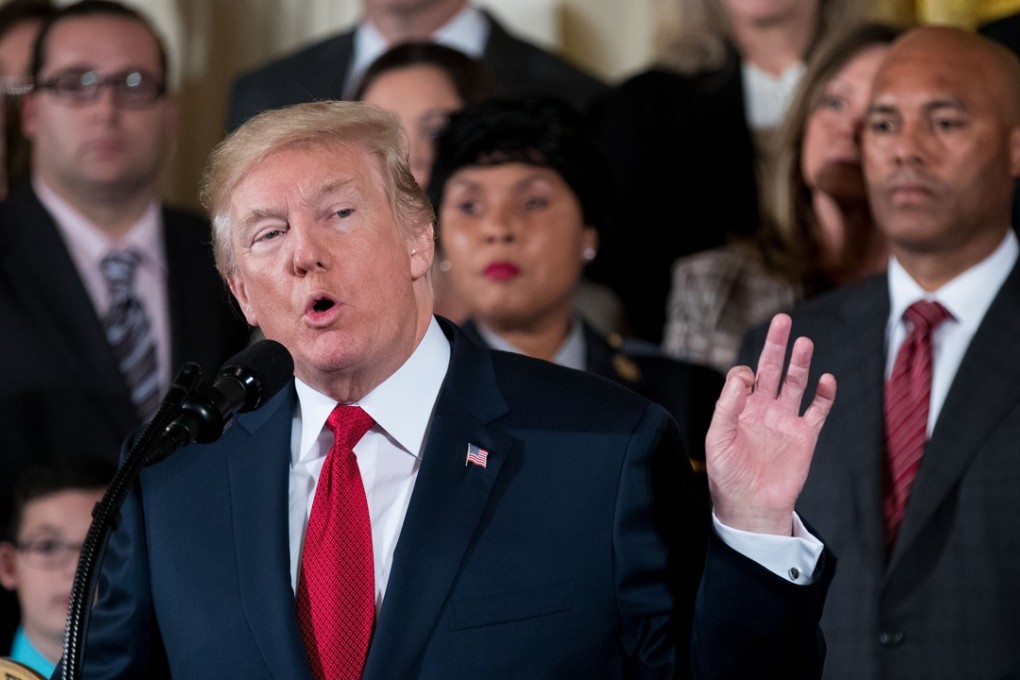Will US President Donald Trump’s Asia trip result in deals to rein in North Korea?
South Korea’s envoy to China says deals needed during US president’s visit to region to contain Pyongyang’s nuclear weapons programme

South Korea’s ambassador to China hopes US President Donald Trump’s trip to Asia will result in deals to further contain North Korea from developing its missile and nuclear programme.
The newly-appointed envoy, Noh Young-min, also said South Korea’s President Moon Jae-in may visit Beijing as early as December.
“Personally I think early December is a very good timing,” said Noh, who served as chief of staff during Moon’s two election campaigns in 2012 and 2017.
“South Korea hopes that President Xi Jinping will be able to attend the Winter Olympics in Pyeongchang in February next year and President Xi Jinping’s visit could send a positive signal in regard to the peace and stability in Korean peninsula and Northeast Asia,” Noh said in an interview in Beijing on Tuesday.
Trump will kick off his first visit to Asia while in office on Friday.